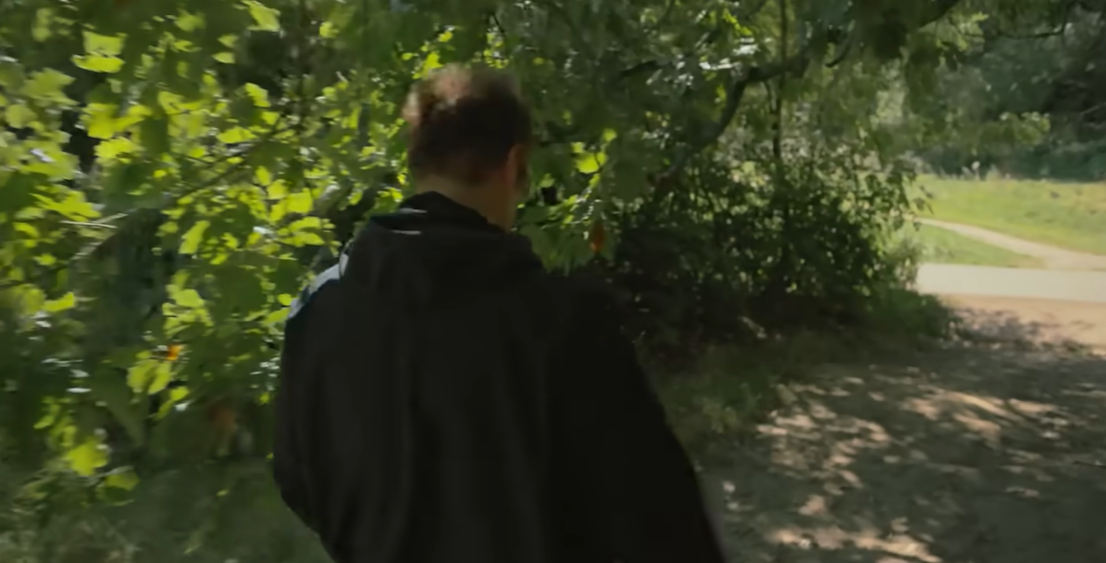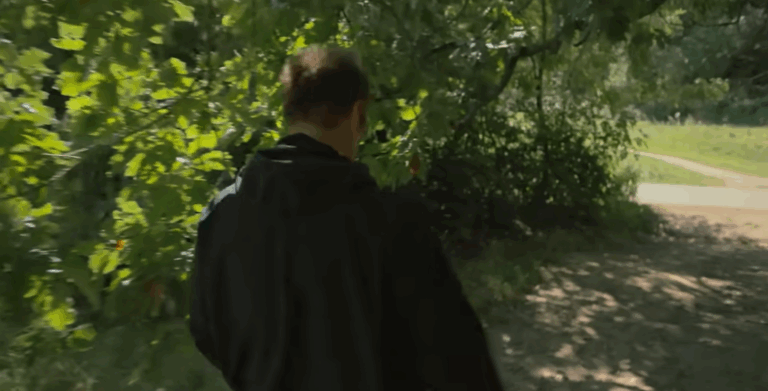Liam Gallagher was born in Longsight, Manchester, the youngest child of Irish immigrants Peggy and Thomas “Tommy” Gallagher, whose marriage would eventually fail due to strife and adversity. Over the years, Liam has publicly denounced his father’s absence while regularly attributing everything admirable in him to his mother’s fortitude, humor, and determination. In addition to being extremely personal, his parents’ story does a remarkable job of illuminating the cultural foundations that influenced Oasis’ sound, demeanor, and enduring impact.
Born Margaret Sweeney in County Mayo, Peggy Gallagher was one of eleven siblings. As a teenager, she left Ireland to start a demanding and resolutely hopeful life in Manchester. Raising three boys almost entirely by herself, she exemplified the tenacity of many Irish immigrants in Britain while working as a housekeeper and then at McVitie’s biscuit factory. In a time when divorce was stigmatized, Peggy’s decision to leave Tommy when Liam was only ten years old was especially groundbreaking because it defined her children’s future and she chose stability and dignity over continuing abuse.
Tommy Gallagher, who was born in County Meath, had a lasting impact on the family. According to Liam and Noel’s accounts, he was erratic, aggressive, and ultimately alienated. Although his sour comments have been reported in tabloids on occasion in recent years, the Gallagher brothers’ relationship ended decades ago. Peggy’s steadying hand took his place in their story, greatly reducing his absence. Liam has a lot in common with other artists who were influenced by absent fathers—John Lennon’s anguish over his father Alfred is a well-known example—and in both situations, the scars resulted in unadulterated creativity and unrepentant defiance.
Bio Data and Family Information
| Attribute | Details |
|---|---|
| Full Name | William John Paul Gallagher |
| Known As | Liam Gallagher |
| Date of Birth | September 21, 1972 |
| Birthplace | Longsight, Manchester, England |
| Parents | Peggy Gallagher (née Sweeney, County Mayo, Ireland), Thomas “Tommy” Gallagher (County Meath, Ireland) |
| Parents’ Background | Irish immigrants to Manchester |
| Siblings | Paul Gallagher (eldest), Noel Gallagher (middle) |
| Marital History | Patsy Kensit (1997–2000), Nicole Appleton (2008–2014) |
| Children | Lennon, Gene, Molly Moorish-Gallagher, plus one more |
| Musical Career | Lead singer of Oasis (1991–2009), frontman of Beady Eye (2009–2014), solo career from 2017 |
| Notable Works | “Wonderwall,” “Live Forever,” “Wall of Glass” |
| Distinction | Voted greatest frontman of all time by Q Magazine (2010) |
| Reference | Wikipedia – Liam Gallagher |

Following Peggy’s divorce, the Gallagher family became a testing ground for independence as they grew up in Burnage. Frequently, Liam remembers his mother telling him to “be yourself” and “not give a f*** what people think.” His stage persona—brash, unrepentant, and incredibly successful at enthralling audiences—was built around that advice. Peggy’s encouragement of independence over conformity resulted in a son whose stage presence is still remarkably authentic.
The family dynamic was very adaptable, striking a balance between humor and adversity. Paul, Peggy’s older brother, contributed his meager income by purchasing cigarettes and trainers for Noel and Liam while Peggy worked nonstop. During interviews, Noel frequently made light of the fact that their mother had given preference to him before Liam was born, which led to a rivalry that persisted into adulthood. Despite the bruises, the competition created a band that thrived on conflict. The energy of Oasis was not just musical; it was familial, originating from brothers who were always pushing the envelope while being closely monitored by a mother who was intensely affectionate.
Many second-generation immigrant families can relate to the Gallaghers’ story in the larger cultural context. The combination of working-class Manchester grit and Irish Catholic tradition created children who were both insiders and outsiders, able to connect with millions of people who had gone through similar struggles and challenge authority with humor. Liam’s defiance reflected the working-class identity that was celebrated in Britpop during the 1990s, when Oasis rose to prominence. It was made possible by Peggy’s influence, which grounded her sons while fostering their rebellion.
The lessons of the Gallagher brothers’ upbringing were evident even in their arguments. Two sides of the same coin—one shaped by Peggy’s tenacity and the other by the wounds of an absent father—were Liam’s erratic behavior and Noel’s strategic control. Although their battles are frequently romanticized by fans, the story is really one of family survival. Peggy’s only birthday wish at the age of 80 was for her sons to get back together. That straightforward but incredibly maternal plea was surprisingly successful in urging them to finally get back together.
Though it provides more background information than actual character development, Tommy’s absence is still present in the story. His shortcomings draw attention to Peggy’s unique role. Her sacrifices reverberate throughout Oasis’ catalog, making her more than just a supporting character. Even though songs like “Live Forever” and “Don’t Look Back in Anger” don’t specifically mention her, their celebration of resiliency is based on her impact.
More than just a biography, Liam Gallagher’s parents’ story is a cultural narrative about migration, perseverance, and inventiveness. Peggy and Tommy’s legacy is still felt throughout music history, from Mayo and Meath to Manchester council houses. Liam finds the positive in his mother, her sisters’ teachings, and her family’s humor. Tommy continues to exist in the background as a ghost, a reminder of both what was created and what was lost.


